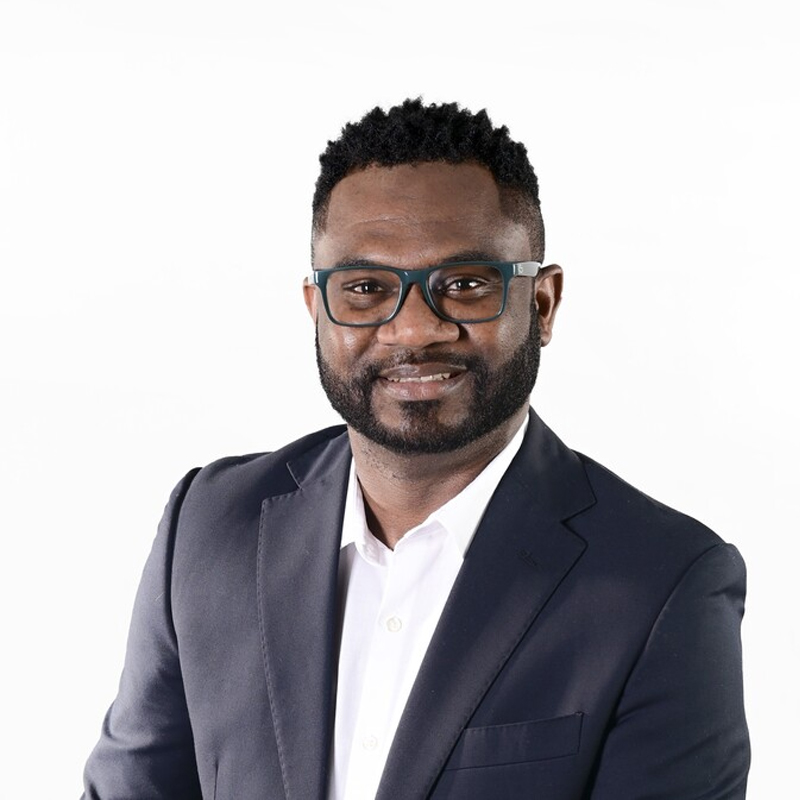This occasional newsletter highlights events and stories about innovation in sustainable development for rural, remote and island regions. We want to change the discourse to demonstrate how islandness can be a driver for innovation.


About Clive Anthony Murray
Clive Murray is a humanitarian and advocate for social and sustainable development. In his current role as the Programme Specialist (Disaster Risk Reduction & Climate Change) at the UNICEF Office for the Eastern Caribbean Area, based in Barbados, he plays a pivotal part in advancing UNICEF’s mission in Climate, Environment, Energy and Disaster Risk Reduction (CEED). His role also requires close collaboration across UNICEF’s programme sections and external stakeholders on joint areas including climate innovations and financing for children. He also oversees the Water, Sanitation and Hygiene (WASH) portfolio. His professional journey includes contributions to organizations such as the Caribbean Disaster Emergency Management Agency (CDEMA), Caribbean Child Support Initiative Programme (implemented through CARICAD), the Foundation for the Development of Caribbean Children (FDCC), the Inter-American Institute for Agriculture (IICA) in Barbados, and the Social Development Commission (SDC) in Jamaica. Clive holds a master’s degree in Social Development & Sustainable Livelihoods and a Bachelor’s degree in Media and Communications.



